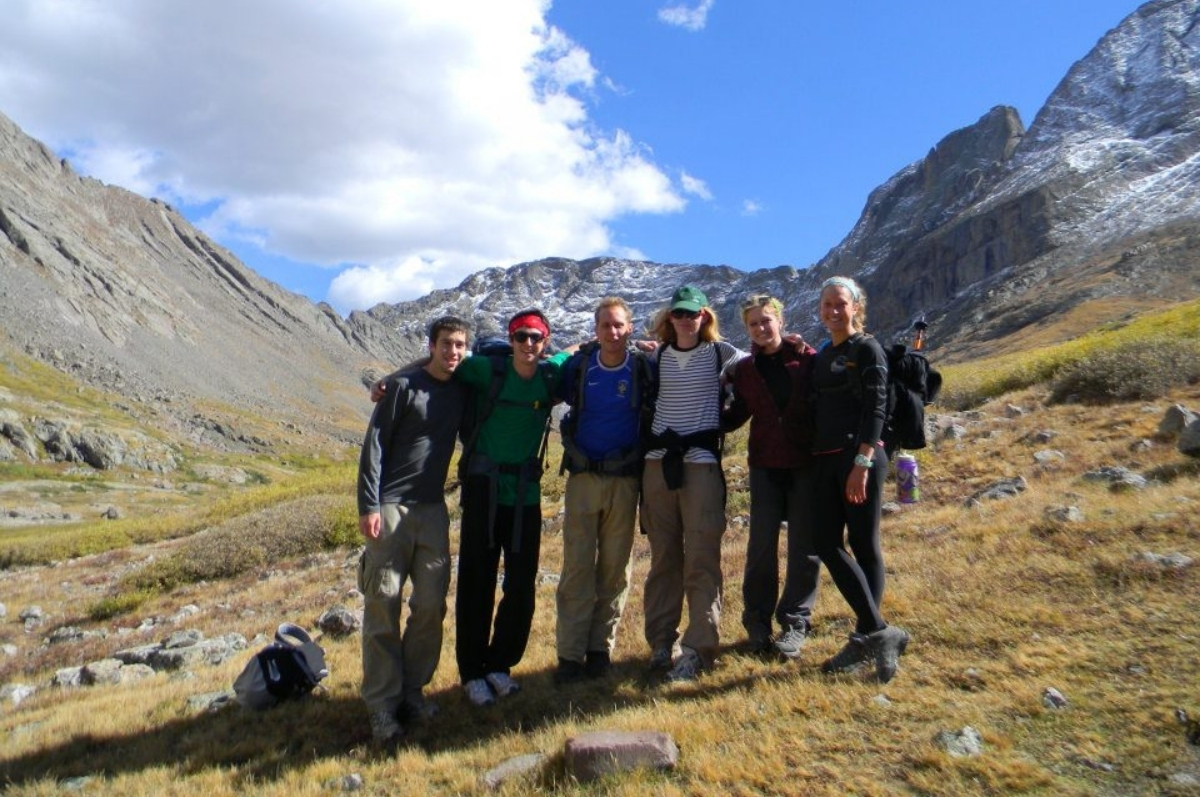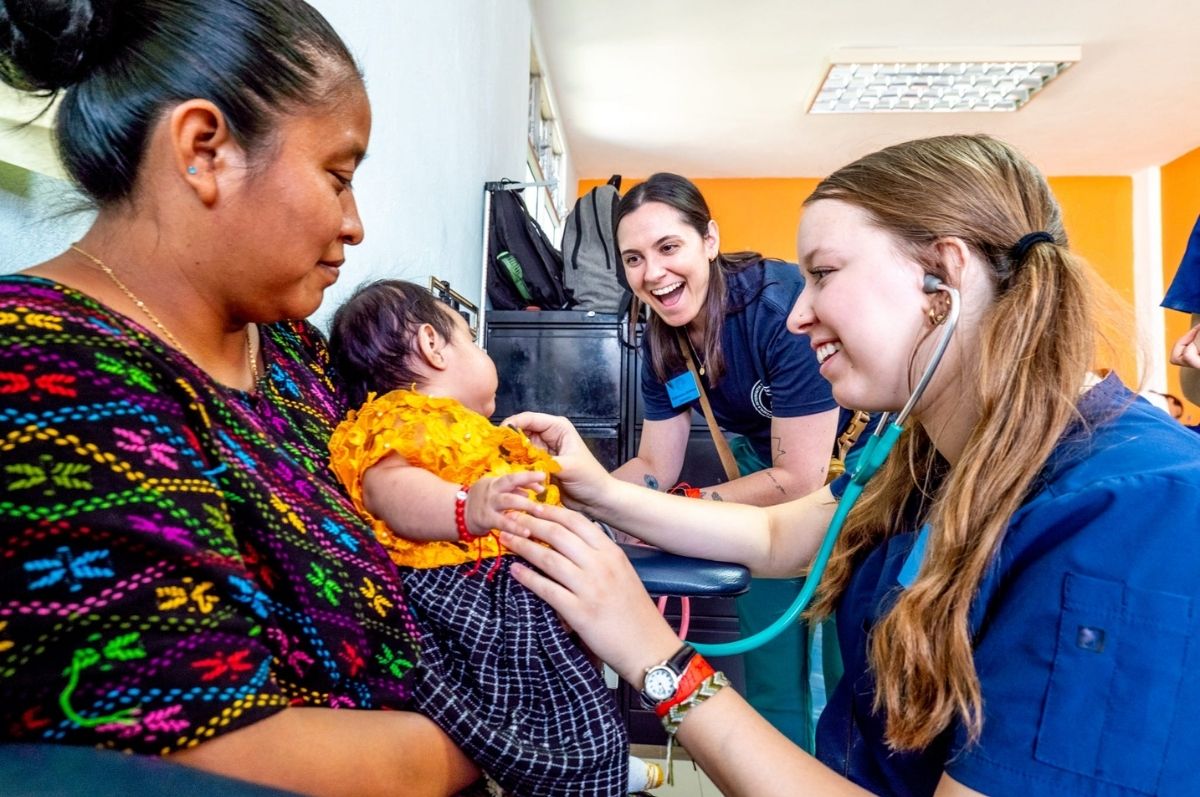Regis addresses pressing needs during Academic Excellence Workshop
The Regis University Denver Campus was alive with students, faculty and staff on Aug. 16 — but the semester wouldn’t start for another week. That’s thanks to the Academic Excellence Workshop, held annually before the beginning of the semester. The workshop brings the Regis community together for a teaching and learning experience. The title of this year's workshop was Pressing Pause for Pressing Needs. The hope of the workshop was to start conversation about the “other,” with a focus on support, growth and the student experience.
The day of workshops began with keynote speaker Ana Carbajal Barahona, a recent graduate of Colorado Mesa University with a B.S. in accounting and who is now an employee at DWC CPAs and Advisors. Barahona’s path to Colorado Mesa University was far from simple. Much like the many other undocumented young adults beginning higher education. In Barahona’s presentation, titled Undocumented not Unheard, she explored her experience as a young, undocumented student traversing higher education while teaching about the journey of undocumented immigrant children in the United States.
“My story will always start with my parents,” Barahona said. “They brought me here to the U.S. because they wanted me to have a better future, and I do everything I can to prove it to them. I first got brought here to the States when I was one year old. Even though we were a paycheck-to-paycheck family, I knew from a very young age, higher education was on my horizon. I wanted to leave my mark on the world, and I thought that was 100% possible.”
In the United States, around 408,000 undocumented students are pursuing higher education, making up only 1.2% of people pursuing higher education. And of 12 million undocumented people in the United States, they make up a just fraction. According to Barahona, however, there are only 24 states that offer any substantial financial aid to undocumented students, who must attend an in-state school to receive the funding.
The Deferred Action of Childhood Arrivals (DACA) program in the U.S. was founded in 2012, protecting certain undocumented children from deportation, and enables them to work in the United States. Currently, however, students who could be eligible for DACA cannot submit applications due to ongoing legal battles to remove the program. For Barahona, and other undocumented students like her, the largest obstacle to applying to DACA and higher education was fear; the fear of failure, the fear of safety, fear of finances and the fear of being unheard.
“I did the only thing I thought I could,” Barahona said. “I closed every door around me. I didn't know what DACA was. I didn't know what it took to get documented. I didn't know my rights. I locked myself in a gilded cage of denial because I thought that was the only way I could survive all the fear and anxiety that I was feeling. But it would become the greatest disservice when I started applying for college.”
Barahona’s personal recollections of her journey from her college application to graduation not only brought tears to the audience’s eyes but, more importantly, serve as an important teaching tool for the coming academic year. The thriving community that supported her through university was held together by her belief that if just one person was willing to care for her, others might be, too. Undocumented people in the United States, as described by Barahona, have few avenues to citizenship. Living in this transitory space, Barahona emphasized the impact that a single helping hand could have on other undocumented students.
“I think the person who touched me the most, was my professor Suzanne Owens-Ott,” Barahona said. “About a month before I graduated, she told me: Ana, as a professor, my job is to give you the tools that will give you the courage to go get your future. I have the tools, but it's your responsibility to grab them and say, ‘yes, I can do this.’”
As she wrapped up her presentation, Barahona asked the audience to take a deep breath in, then out with her. Bringing the audience together in a shared mindful moment set a precedent for the upcoming semester. As classes begin, the Regis community has been called to champion students from every background. With the strength of the University, students can realize that just as Ana Carbajal Barahona said she felt: “I not here to survive; I am here to thrive.”
View resources for undocumented students or contact Ana Carbajal Barahona.



